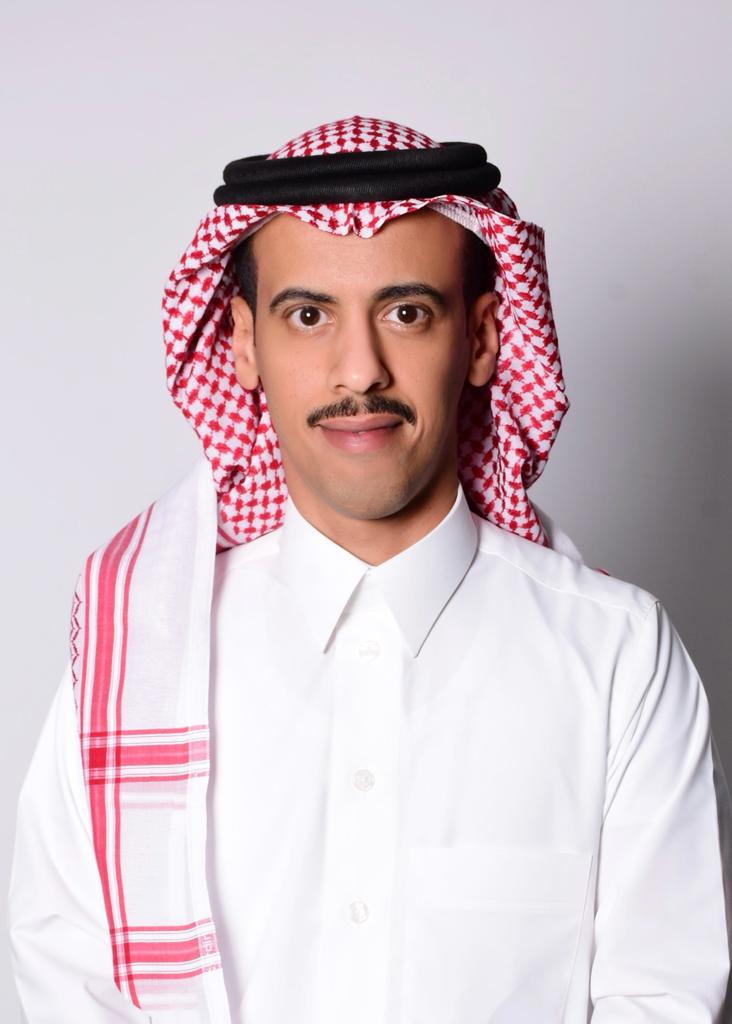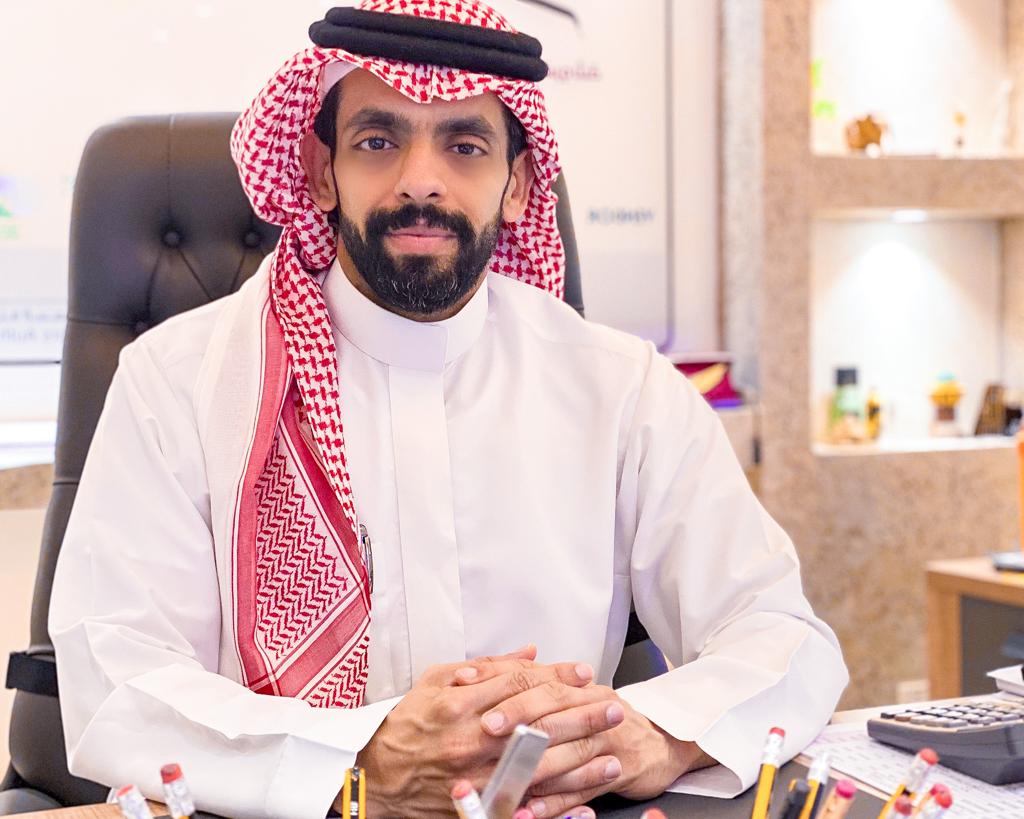RIYADH: The Small and Medium Enterprises General Authority, or Monsha’at, has been offering training programs to entrepreneurs to enhance the sector’s contribution to the gross domestic product.
Monsha’at established an online academy in 2020 to support aspiring entrepreneurs and business owners by improving their ability to access markets, manage established enterprises and explore options to grow their businesses.
The academy offered more than 200 training events, including boot camps, workshops and self-paced e-learning programs.
Its programs include technology and innovation, planning and strategy, sales and marketing, accounting and financial management, human resource, franchise, e-commerce and retail business.
“The circumstances of COVID-19 in the lockdown accelerated the need to have such a platform. So we started as a learning management system, where we get all of our training services in one place,” said Abdulrahman Alotaibi, director of SMEs Training for Capacity Building at Monsha’at.

Abdulrahman Alotaibi, director of SMEs Training for Capaity Building at Monsha’at
Alotaibi explained in an interview with Arab News that businesses at the time needed support to survive during the pandemic outbreak.
“We have a group of experts coming into research and identifying the course’s objectives. Then we start to develop the educational content. We do the research; we rely on good references,” he added.
According to Alotaibi, startups face challenges in accessing finance and generating customers.
“Some challenges are related to human resources and finding the right team, and some have difficulties when it comes to managing the operation. I believe the main challenges are accessing finance and reaching out to customers,” he added.
Saif Alshammari is one of the thousands of beneficiaries of this academy. He enrolled with around 20 other participants earlier this year in courses involving contract formulations, project budgeting and estimation.

Saif Alshammari, founder and GM of RAK Construction
“The program developed the capability of entrepreneurs. It elaborated the concept of financial management, which is the heart of any business. We were taught about the types of commercial contracts, the differences between them, and which of them you should accept,” he added in an interview with Arab News.
Alshammari founded RAK Construction in 2007 in the city of Al Jubail, the eastern province of the Kingdom.
“I have a long experience managing my company, but Monsha’at gave me a theoretical aspect of management and added a new wave of operation,” he said.
Monsha’at enabled him to register his establishment as a vendor for a leading company in the sector called Thabat.
“Other participants and I were brought up on an open discussion with Thabat, and eventually we got approved vendors, and hopefully we will be rewarded with some projects soon,” Alshammari said.
Increasing roles for women
According to Monsha’at’s 2022 quarterly report, the Kingdom’s private sector has been a major beneficiary of the influx of dynamic female workers, with many female entrepreneurs grabbing new opportunities in the accommodation and food, wholesale and retail, and health and professional support service industries.
Monsha’at works to develop policies and programs that empower women entrepreneurs across different industries.
A group of female college entrepreneurs spoke to Arab News about their experience with Monsha’at regarding their next project.
Moodhy Aljouali and her colleagues are currently launching a grammar and spelling error detection and correction system for the Arabic language named Mubeen.

Moodhy Aljouali, co-founder of Mubeen
“It uses artificial intelligence techniques such as deep learning and natural language processing for editing and correcting any mistakes in the text. It will produce high quality and error-free text,” Moodhy, co-founder of Mubeen, told Arab News.
Majoring in artificial intelligence, Moodhy is in her final semester at the Imam Abdulrahman Bin Faisal University in Riyadh.
“We are working on improving what we have, and then create the website and publish it in two months,” she said.
Moodhy and four of her colleagues were part of a program run by Monsha’at called the University Entrepreneurship Camps, a competition where the participants get to pitch their projects.
According to Moodhy, their project was awarded the first prize, and Monsha’at offered them a workspace and a consultation from domain experts.
“We are planning to have courses in business from Monsha’at since all the team members only have technology backgrounds,” she added.
Kingdom’s vision for SMEs
Established in 2016 under the Vision 2030 blueprint, Monsha’at’s objective is to create an inspiring environment for SMEs to grow, unlock their potential and create a supportive entrepreneurial community.
Its SME Monitor follows an ecosystem that observes the ongoing progress of the Kingdom’s SME sector, issuing new statistics and case studies that support their observations.
“SMEs in the Kingdom are not yet major contributors to the country’s gross domestic product, especially compared to advanced economies,” said the Vision 2030 document.
The Saudi vision is to create suitable job opportunities for its citizens by supporting SME entrepreneurship, privatization and investments in new industries.
SMEs will play a significant role in achieving Saudi Arabia’s objectives of lowering the unemployment rate from 11.6 percent to 7 percent, increasing women’s participation in the workforce from 22 percent to 30 percent and expanding SME contribution to 35 percent of the GDP by 2030.













